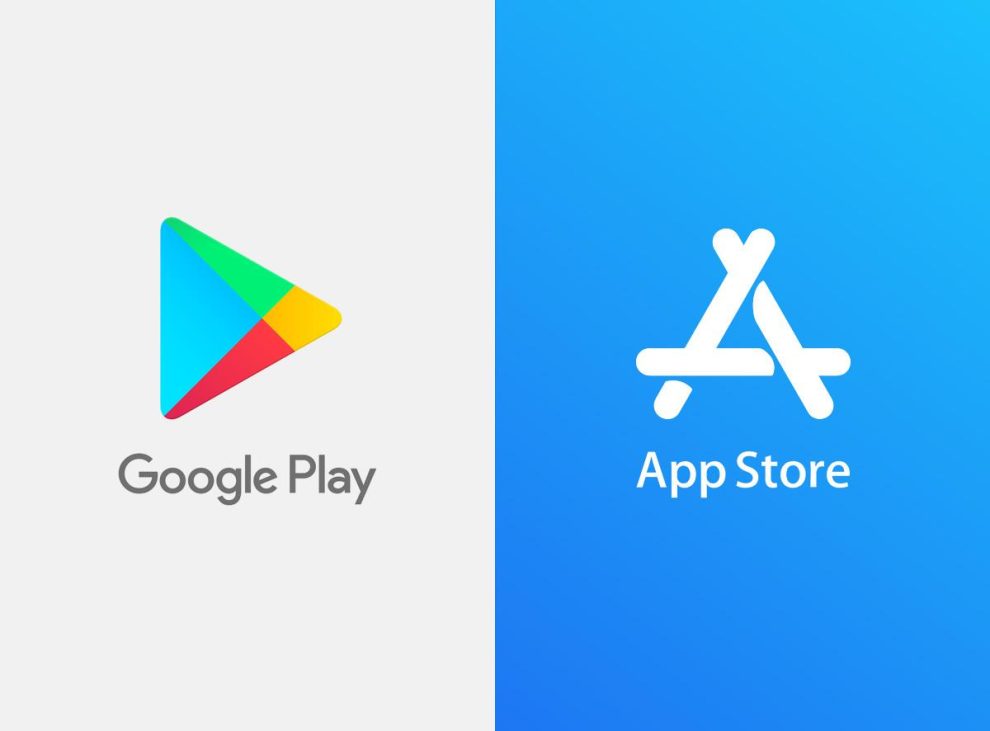The battle for online safety has taken a new turn. Australia’s eSafety Commissioner, Julie Inman Grant, has leveled a serious accusation against tech giants Apple and Google, alleging that they are prioritizing profits over the safety of their users by allowing pornographic content to proliferate on their app stores.
The App Store Dilemma: Profits vs. User Protection
At the heart of the eSafety Commissioner’s accusation lies a fundamental conflict of interest. App stores, such as Apple’s App Store and Google’s Play Store, generate significant revenue through in-app purchases and subscriptions. This business model can be especially lucrative for apps that offer pornographic content, which often operate on a subscription basis.
According to Grant, this financial incentive creates a “perverse” situation where app stores are reluctant to remove pornographic apps, even when they violate the platforms’ own content guidelines. The accusation suggests that the desire for profit is overshadowing the commitment to user safety and responsible content moderation.
This alleged prioritization of profit over protection raises serious concerns about the role of app stores in the digital ecosystem. As gatekeepers to the world of mobile apps, these platforms have a responsibility to ensure that the content they host is safe, legal, and appropriate for their diverse user base.

The Dangers of Easy Access: Protecting the Vulnerable
The ease with which pornographic content can be accessed on app stores poses significant risks, particularly for children and other vulnerable users. Exposure to explicit material at a young age can have detrimental effects on a child’s development, potentially leading to anxiety, distorted views of sexuality, and difficulty forming healthy relationships.
Moreover, the impact of pornography is not limited to children. Excessive consumption of explicit content can have negative psychological consequences for adults as well, including addiction, depression, and relationship problems. The widespread availability of pornography on app stores, without adequate safeguards, can exacerbate these issues.
As we grapple with this problem, it is crucial to recognize that it is not unique to Australia. The concerns raised by the eSafety Commissioner echo those of parents, educators, and policymakers around the world. Addressing this issue will require international cooperation and a concerted effort from app store operators, regulators, and other stakeholders.
Exploring Solutions: Strategies for a Safer App Ecosystem
So, what can be done to address the problem of pornography on app stores? Several potential solutions have been proposed, each with its own merits and challenges.
One approach is to implement stricter age verification processes at the point of app download. By requiring users to provide proof of age, app stores could prevent minors from accessing inappropriate content. However, the effectiveness of this measure hinges on the robustness and security of the age verification systems employed.
Another strategy is to invest in more sophisticated content moderation tools and processes. App stores could leverage advanced algorithms and machine learning to identify and flag potentially problematic apps more efficiently. However, automated systems are not foolproof and may struggle to discern nuance and context. Human review will likely remain an essential component of effective content moderation.
Transparency and user reporting mechanisms are also critical. App stores should provide clear and accessible channels for users to report inappropriate content and should be transparent about their content moderation policies and enforcement actions. This can help foster trust and accountability in the app ecosystem.
Additionally, app stores could offer enhanced parental control features, allowing parents to restrict their children’s access to certain app categories or content types. While not a complete solution, such tools can empower parents to take a more active role in safeguarding their children’s online experiences.
The Role of App Developers: Responsibility and Collaboration
While much of the focus has been on the responsibilities of app store operators, app developers also have a crucial role to play in promoting a safer online environment. Developers must adhere to app store content guidelines and avoid creating apps that exploit or endanger users.
Moreover, developers can collaborate with app stores to improve content moderation processes. By providing detailed information about their apps and cooperating with content review teams, developers can help ensure that inappropriate content is identified and removed more efficiently.
Ultimately, fostering a safer app ecosystem will require a collaborative effort from all stakeholders. App stores, developers, regulators, and users must work together to establish clear standards, enforce policies consistently, and promote digital literacy and responsible online behavior.
The Broader Context: Online Safety in the Digital Age
The issue of pornography on app stores is just one facet of the broader challenge of online safety in the digital age. As technology becomes increasingly integral to our lives, we must confront the complex questions of how to regulate content, protect vulnerable users, and promote healthy online experiences.
This conversation extends beyond app stores and encompasses social media platforms, online gaming, and other digital spaces where harmful content can proliferate. It requires us to consider the balance between free expression and user protection, the role of government regulation, and the importance of digital literacy education.
Ultimately, creating a safer online environment will require a multifaceted approach that combines technological solutions, policy interventions, and societal shifts in how we approach and consume digital content. It will require open dialogue, collaboration, and a shared commitment to prioritizing the well-being of users, especially the most vulnerable among us.
A Call to Action for App Stores and Beyond
The eSafety Commissioner’s accusation against Apple and Google has shed light on a pressing issue that demands urgent attention. The presence of easily accessible pornography on app stores poses significant risks to user safety, particularly for children and vulnerable individuals.
As we grapple with this challenge, it is clear that app stores have a critical role to play in moderating content and protecting their users. They must prioritize user safety over short-term profits and invest in robust content moderation systems and processes.
However, the responsibility for creating a safer online environment does not rest solely with app stores. App developers, regulators, and users all have a part to play in promoting digital wellness and holding platforms accountable.
Ultimately, the issue of online safety in the digital age requires a societal shift in how we approach and consume technology. It demands that we prioritize the well-being of users, especially children and vulnerable individuals, and work together to create a digital ecosystem that is safe, responsible, and conducive to healthy development.
The accusation leveled by the eSafety Commissioner serves as a wake-up call for us all. It is a call to action to confront the challenges of the digital age head-on and to work towards a future where technology enriches our lives without compromising our safety and well-being. The path forward may be complex, but the stakes are too high to ignore.
















Add Comment